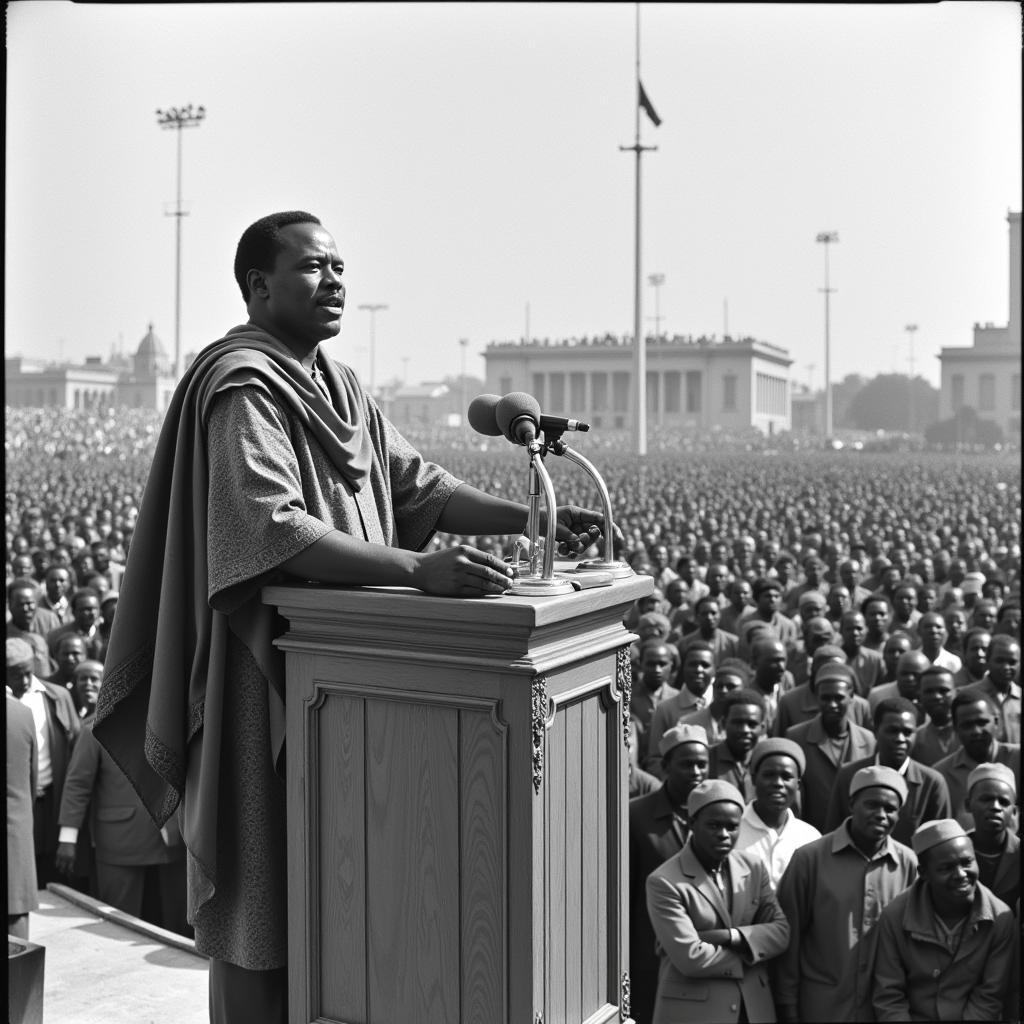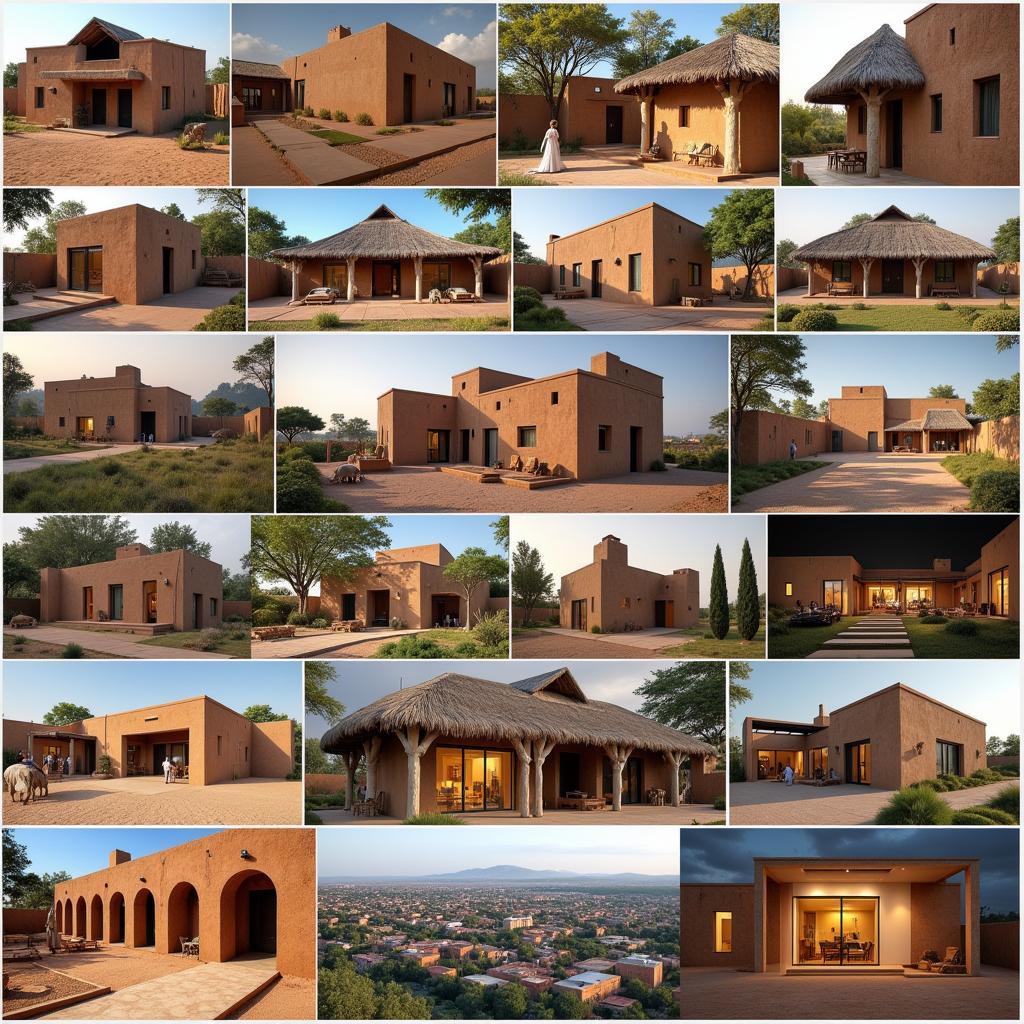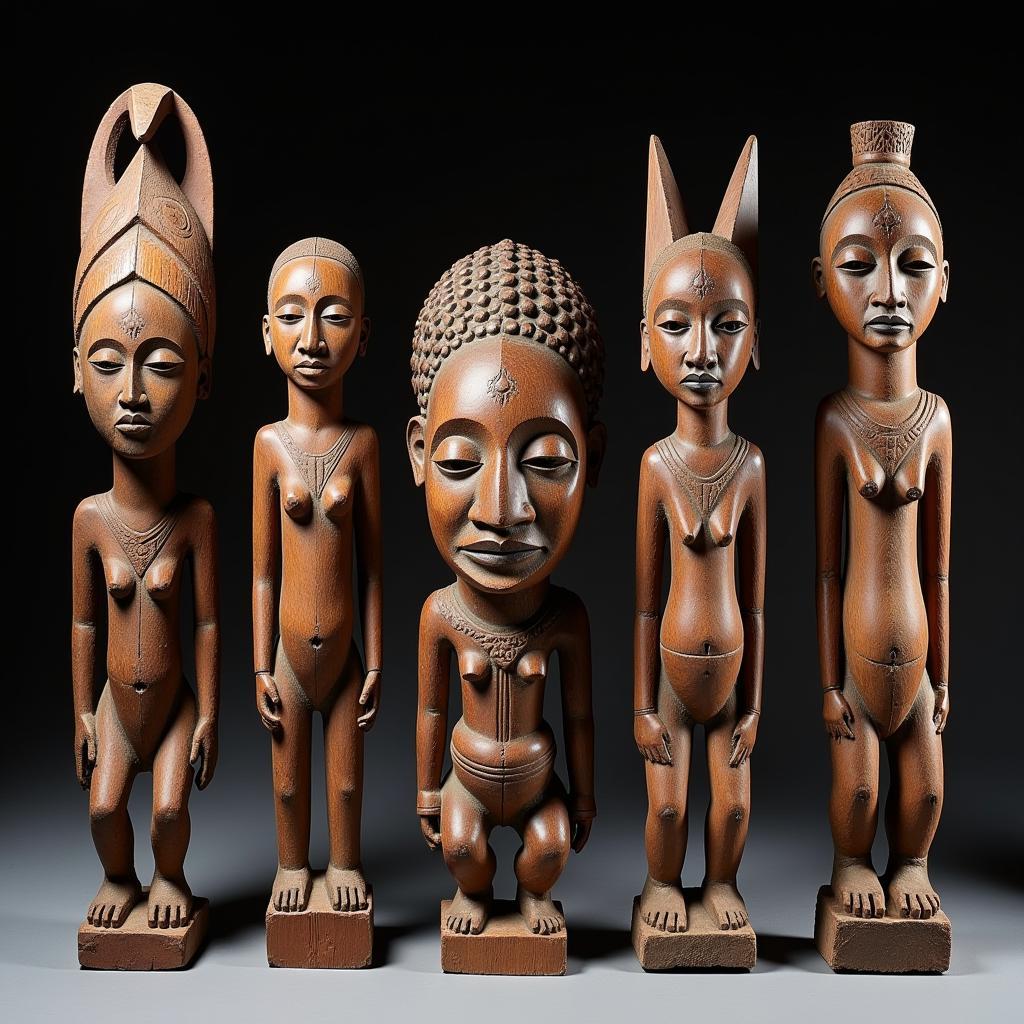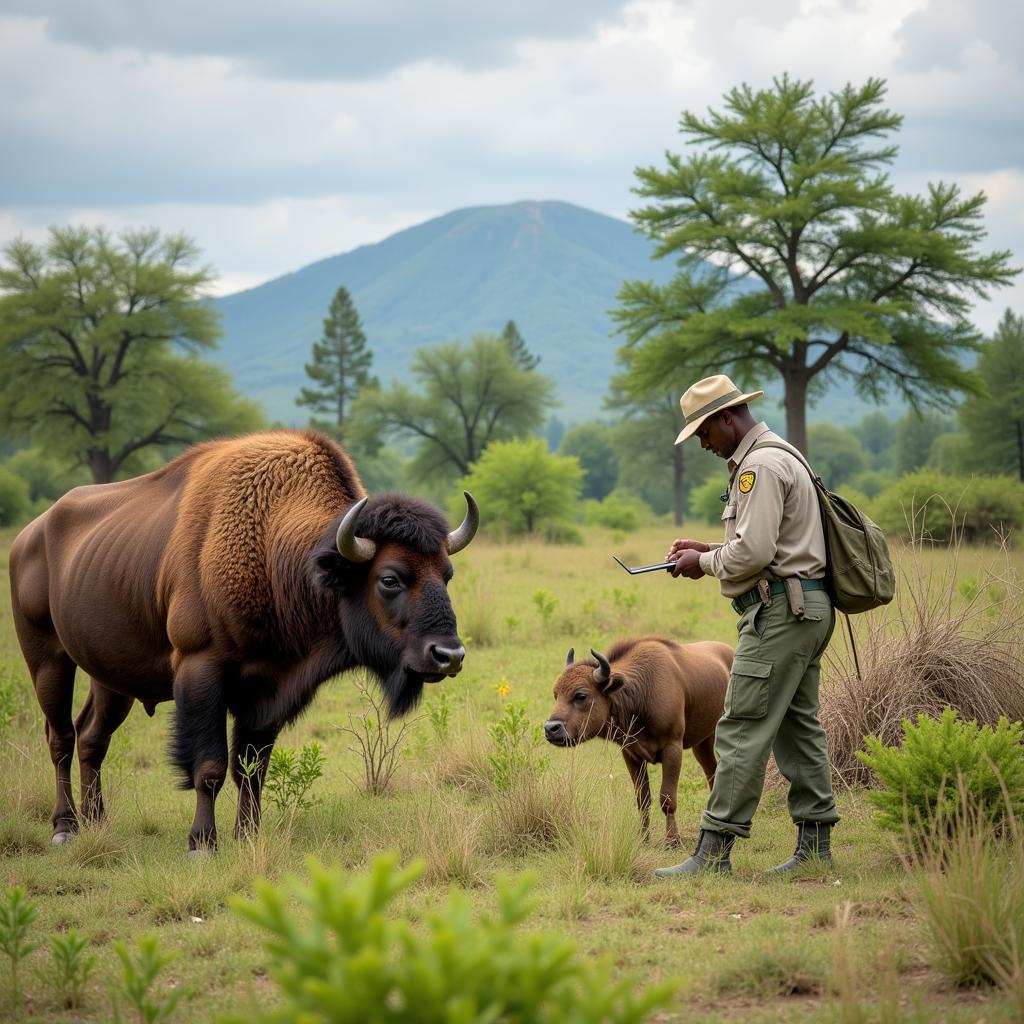African Freedom Fighters Biography: Stories of Resilience and Courage
The African continent boasts a rich history of resistance against colonialism, oppression, and injustice. The biography of African freedom fighters is a testament to their unwavering commitment to self-determination and liberation. These individuals, driven by a deep love for their homeland and a burning desire for freedom, challenged colonial powers, fought for independence, and paved the way for a new era in Africa. Their stories are not only inspiring tales of courage and resilience but also essential reminders of the ongoing struggle for equality and justice across the globe.
Unwavering Spirits: Key Figures in Africa’s Fight for Freedom
From the shores of North Africa to the southern tip of the continent, countless men and women rose to challenge colonial rule. These individuals, often hailing from diverse backgrounds and possessing varying skillsets, united under the common goal of liberation.
One such iconic figure is Kwame Nkrumah, a Ghanaian nationalist and pan-Africanist who played a pivotal role in Ghana’s independence from British rule in 1957. Nkrumah’s unwavering belief in self-governance and his vision of a united Africa resonated across the continent, making him a symbol of hope and inspiration for aspiring nations.
 Kwame Nkrumah addressing crowds during Ghana's independence celebrations
Kwame Nkrumah addressing crowds during Ghana's independence celebrations
In East Africa, Julius Nyerere, a Tanzanian teacher turned politician, spearheaded the Tanganyika African National Union (TANU) in its fight against British rule. Nyerere’s socialist ideals and his focus on unity and self-reliance resonated with many Tanzanians. He became the country’s first president upon independence in 1961 and played a significant role in supporting other liberation movements in southern Africa.
Beyond the Battlefield: Diverse Tactics for Liberation
The struggle for freedom in Africa transcended geographical boundaries and employed a variety of tactics. While some leaders, like Amilcar Cabral of Guinea-Bissau and Cape Verde, believed in armed struggle as a means to achieve independence, others, like Kenneth Kaunda of Zambia, advocated for peaceful resistance and dialogue.
Nelson Mandela, a towering figure in the fight against apartheid in South Africa, embodied both approaches. Initially advocating for non-violent resistance, Mandela later embraced armed struggle as a means to dismantle the brutal apartheid regime. His unwavering commitment to justice and equality, even after spending 27 years in prison, earned him global admiration and solidified his status as a symbol of hope and resilience.
The Legacy of African Freedom Fighters: Shaping the Present and Inspiring the Future
The fight for freedom in Africa was not without its sacrifices. Countless individuals lost their lives, families were torn apart, and nations bore the scars of conflict. Yet, the legacy of African freedom fighters continues to shape the continent and inspire generations worldwide.
These leaders, through their unwavering commitment to justice, equality, and self-determination, not only liberated nations but also ignited a global movement for human rights and social justice. Their stories serve as a reminder that even in the face of seemingly insurmountable odds, the human spirit, fueled by a burning desire for freedom, can triumph.
The African freedom fighters’ biography is not just a chapter in history books but a living testament to the power of courage, resilience, and the unwavering pursuit of a better world. Their stories continue to inspire us to fight for what is right, challenge injustice, and work towards a future where freedom and equality reign supreme.


